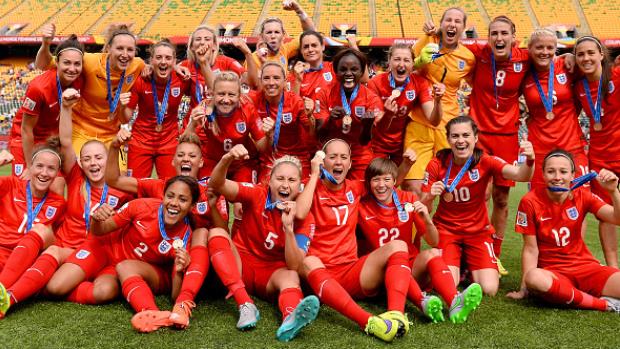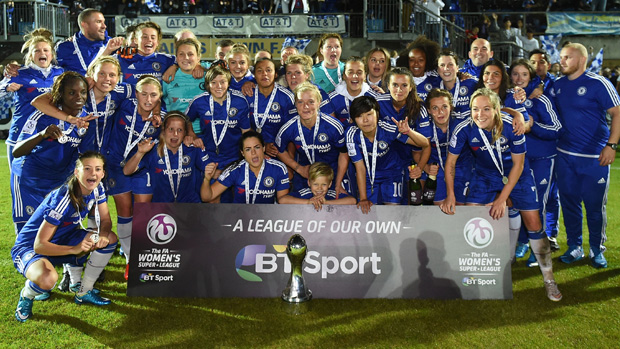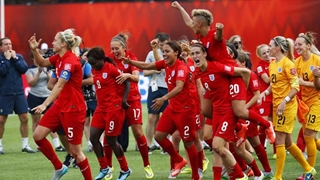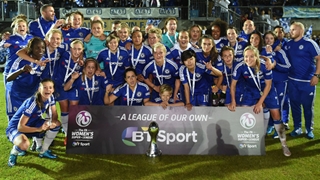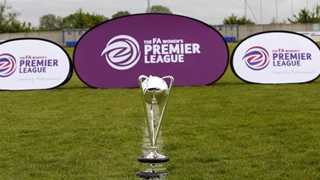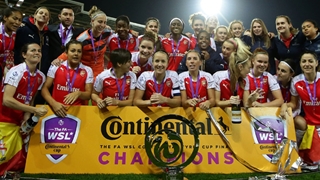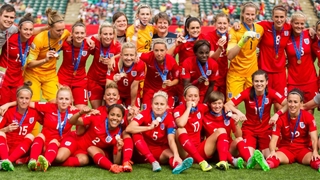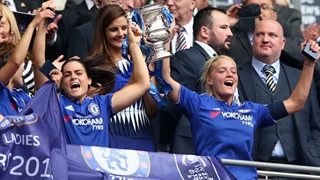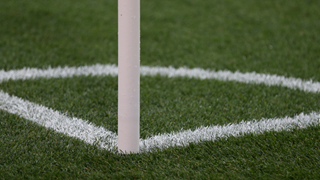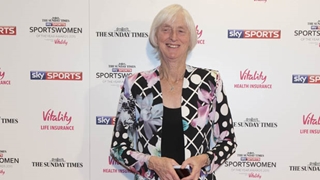
Baroness Sue Campbell has laid out her plan to further improve the women’s game in England.
The former chair of UK Sport was appointed The FA’s head of women’s football earlier this month, after overseeing a step change in the delivery of British medals at the Olympics.
“The women’s game is already doing well,” Baroness Campbell told BBC Radio 4’s Woman’s Hour show.
“Participation is growing and everybody is aware that the England team did exceptionally well at the World Cup. What [The FA] is looking for now is a real step up for women’s sport.
“My role is to have a look [at football] from schools and grassroots clubs, through the competitive structures, the leagues [and] the Women’s Super League.
“And while there are good practices in all those areas, my job is to review all of that and develop a new dynamic, national strategy that improves participation, the talent pathway and elite performance.”
As chair of UK Sport, Baroness Campbell presided over Team GB and Paralympic GB's largest medal haul in 104 years.
And when she begins her new role with The FA in March, she wants to work with players, coaches and other governing bodies to remove any barriers that might hinder growth in the female game.
Baroness Campbell explained: “You shouldn’t underestimate how hard the [players] are training and how committed they are.
“What I am keen to do is to take the women’s game out of the shadow of the men’s game. I want it to have its own distinct personality, its own vision and its own, very clear brand, rather than just always being compared to the men’s game.
“What I’ll be trying to do is support the coaches, the players and the system to make sure there are no ‘if onlys’ in the system.
“At the end of the day it’s down to the footballers. They have got to produce that performance on a given day. But our job as administrators is to make sure we remove all of the barriers that might prevent them from doing the thing they are determined to do.”
Baroness Campbell was the creative force behind the Youth Sport Trust which champions best practice and innovation in physical education and school sport.
She added: “We are seeing a massive decline in girls’ activity levels.
“There is no doubt that girls miss out physically, socially and emotionally the less activity they do. So it’s really important that we encourage schools to provide high-quality physical education. It is part of the national curriculum.
"At the most, youngsters get between 2-3 hours per week. The chief medical officer [Professor Dame Sally Davies] wants every child to do 60 minutes of physical activity per day, it means we’ve got a massive job to do to support schools.
“I believe all the women’s sports in this country, particularly the team sports, could work really strongly and collaboratively together to drive a fundamental shift in attitude in schools to encourage many, many more girls to take up physical activity and sport, even if it’s just for fun or fitness. It doesn’t have to be that they’re ambitious to play for their country.
“Sport is a wonderful place to be with friends, to enjoy yourself and to have a great time.
“And I think the social, physical and emotional wellness that sport provides underpins everything else in our lives.”


